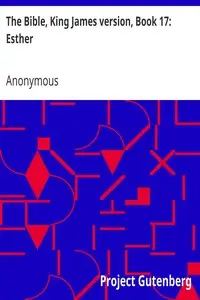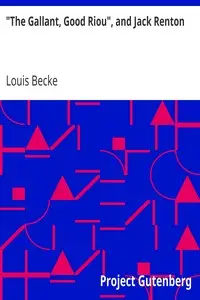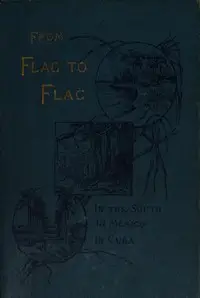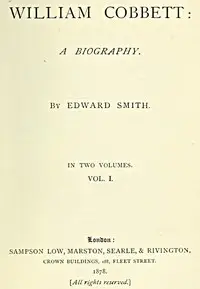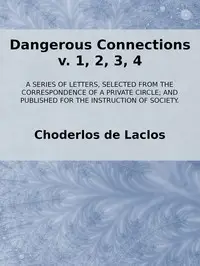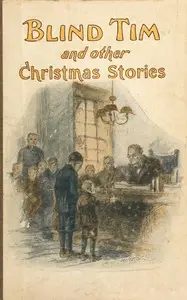"Oration: The American Mind" by Rev. Charles W. Lyons, S.J. is a historical oration delivered in 1923, marking the 147th anniversary of the Declaration of Independence at Faneuil Hall in Boston. This book serves as a reflection on American values, emphasizing the principles of liberty, equality, and the collective spirit that forged the nation. Lyons seeks to explore the underlying thoughts and ideals of the founding fathers, examining how Enlightenment philosophy and historical documents influenced the formation of American democracy. In this oration, Lyons emphasizes the significance of understanding the "American mind," which shaped the ideals presented in the Declaration of Independence. He references historical figures and texts to illustrate the evolution of ideas around governance and individual rights. The oration is a call to unity, urging contemporary Americans to embrace understanding, tolerance, and brotherly love to preserve the nation's values. He warns against division and reminds the audience of their collective responsibility to pass down the ideals of justice and freedom to future generations, ensuring that equality and dignity for all remain sacred pillars of American society. (This is an automatically generated summary.)
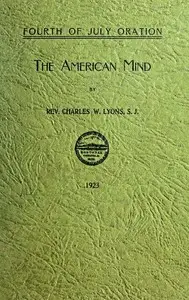
Oration: The American Mind
By Charles W. Lyons
"Oration: The American Mind" by Rev. Charles W. Lyons, S.J. is a historical oration delivered in 1923, marking the 147th anniversary of the Declaratio...
Charles William Lyons was an American Catholic priest who became the only Jesuit and likely the only educator in the United States to have served as the president of four colleges. Born in Boston, Massachusetts, he attended the local public schools before entering the wool industry. He abandoned his career in industry to enter the Society of Jesus. While a novice in Maryland, he suffered a nervous breakdown and was sent to Georgetown University as prefect. He then resumed his studies at Woodstock College, teaching intermittently at Gonzaga College in Washington, D.C. and Loyola College in Baltimore. After his ordination, he became a professor at St. Francis Xavier College in New York City and at Boston College.


